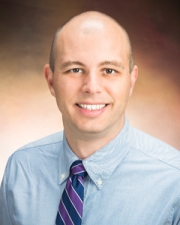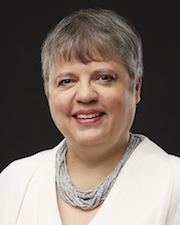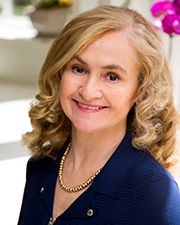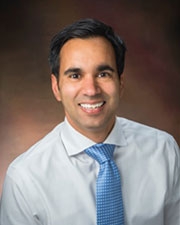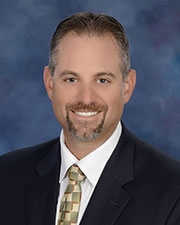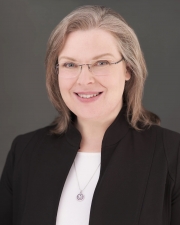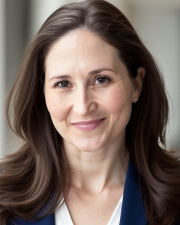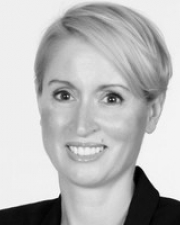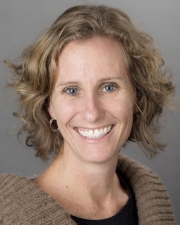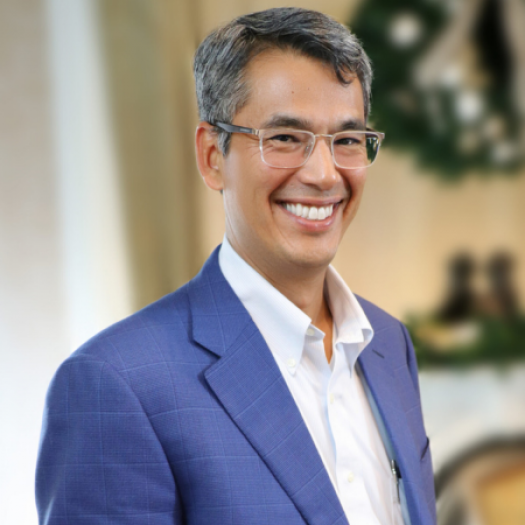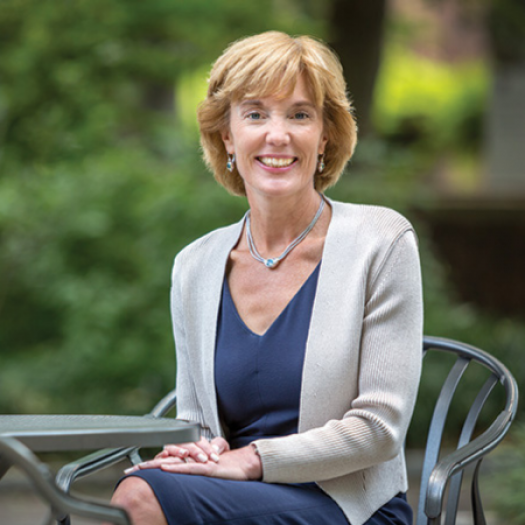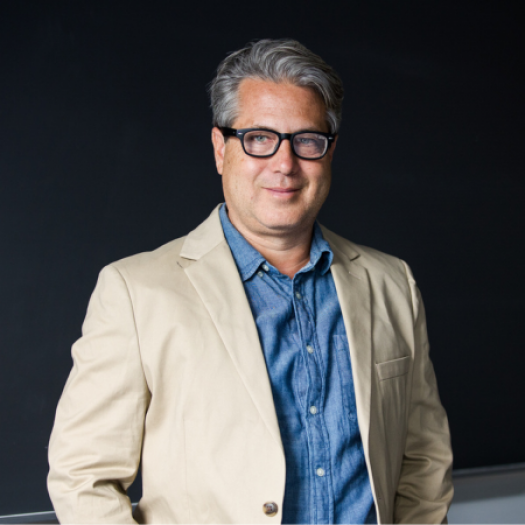A Unique Synergy
The Medical Education master’s program offers a unique synergy between the educational and academic medical realms. The University of Pennsylvania Graduate School of Education, the University of Pennsylvania Perelman School of Medicine, and Children’s Hospital of Philadelphia have come together to provide program participants access to educational expertise centered in the medical context.
Penn GSE
The University of Pennsylvania Graduate School of Education is one of three Ivy League graduate schools of education and is a national leader in education research and the preparation of skilled education professionals.
Perelman School of Medicine
The University of Pennsylvania is the oldest and one of the finest medical schools in the United States. Penn is rich in tradition and heritage and at the same time consistently at the forefront of new developments and innovations in medical education and research.
Children's Hospital of Philadelphia
Since its start in 1855 as the nation's first hospital devoted exclusively to caring for children, The Children's Hospital of Philadelphia has been the birthplace for many dramatic firsts in pediatric medicine.

